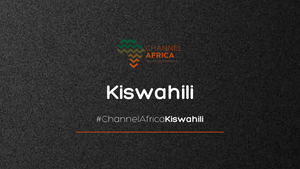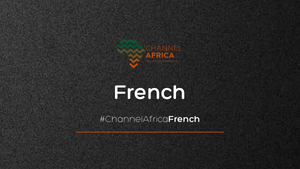She says recent aid cuts could derail decades of progress in fighting the disease.
Speaking at the launch of a major new UNAIDS report in Johannesburg South Africa (SA), Byanyima said the world had been moving in the right direction. Since 2010, new HIV infections have fallen by 40% and AIDS-related deaths by more than half. Today, nearly 41 million people are living with HIV, and over 36 million are receiving treatment.
But she cautioned that the withdrawal of the single largest donor to HIV programmes earlier this year, combined with slower reductions from other international partners, has left a funding gap that could reverse hard-won gains.
“If the hole left by this sudden shortfall isn’t filled quickly, we could see six million new infections and more than four million deaths by 2029,” she said. “What we’ve built over decades is now hanging in the balance.”
While several countries are under pressure, Byanyima noted that many African governments are not standing by idly. Some are shifting domestic budgets, finding ways to maintain services, and working with communities to reach people who need treatment.
“Governments are stepping up, and communities are stepping in. They’re doing all they can with limited resources,” she said. “Now we need wealthier nations to hold the line too.”
Byanyima urged high-income countries to close tax loopholes that drain billions from African economies each year, and to deliver on long-promised debt relief measures. According to the report, African nations are currently paying 34 times more on debt repayments than they do on health.
“This isn’t about charity. It’s about fairness,” she said. “The money is there, but it’s going to weapons and wars instead of saving lives.”
The report also highlights the importance of rights-based responses. Byanyima stressed that people from key populations, such as LGBTQ+ communities, sex workers, people who use drugs, and adolescent girls, must be protected in order to access care safely.
“No one can seek treatment while hiding in fear,” she said. “If the environment is hostile, people will stay away even if services are available.”
She also pointed to a new generation of HIV prevention tools, including a long-acting injectable drug with near-complete protection against infection. Although approved in the United States, the drug is priced at around $28,000 per person annually. Researchers in the UK have shown it could be produced generically for as little as $25.
“This medicine could change everything,” Byanyima said. “But the company holding the patent is prioritising profits. That has to change.”
SA, where the report was launched, is showcased as an example of leadership and resilience. Despite facing one of the world’s largest HIV epidemics, the country has placed over six million people on treatment and is continuing to fund prevention and research efforts even after key international partners pulled out.
“SA is not just doing its part, it’s helping lead the global response,” Byanyima said. “This is what global cooperation looks like.”
She outlined three key steps countries must take this year to stay on track toward the 2030 goal of ending AIDS as a public health threat: restore full funding for the HIV response, find new and more cost-effective ways to deliver services, and create safe, supportive environments so that vulnerable groups can access healthcare without fear.
Her closing message was directed at those living with HIV.
“This fight began with your courage,” she said. “You refused to give up. We are standing beside you now. It’s time to rise again, to push governments, to bring prices down, to defend lives. This is a justice struggle, and we will finish it, together.”
--ChannelAfrica--













